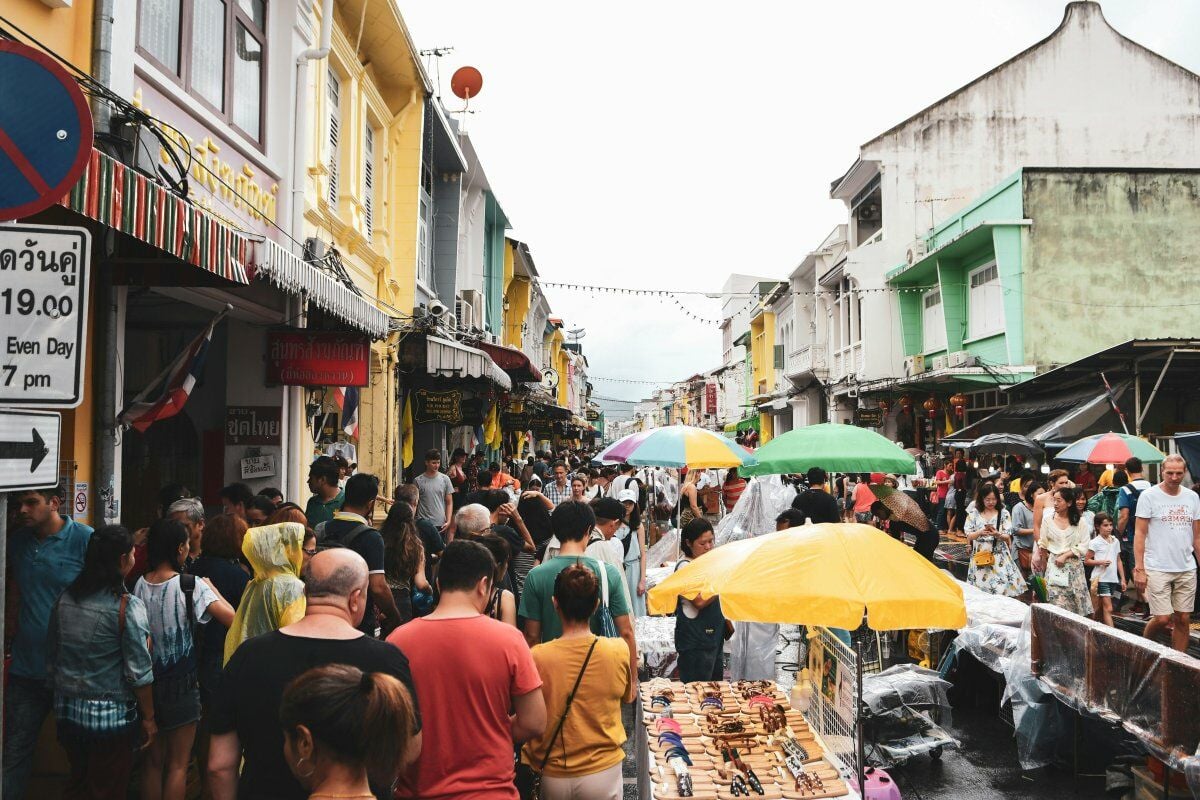Phuket aims for 500 billion baht in tourism revenue this year

Phuket is set to bring in a tourism revenue of 500 billion baht this year, as outlined by the Provincial Governor, Sophon Suwannarat.
Last year’s tourism revenue was deemed successful, with the Tourism Authority of Thailand (TAT) reporting that over 13.14 million tourists visited, generating at least 497 billion baht.
Sophon highlighted this year’s goal of 500 billion baht, noting that Phuket remains a key destination for international visitors, as per the TAT report.
He mentioned that out of the 35.5 million international arrivals last year, more than 13 million visited Phuket, positioning the island as a significant contributor to national income, second only to Bangkok.
Sophon mentioned that the island does not require a higher number of visitors, asserting that around 13 million annually is ideal. Instead, the focus is on encouraging tourists to extend their stays and increase their spending.
Next year, Phuket will host the World Sustainable Tourism Council conference. The southern island province plans to implement projects to address tourism’s impacts, such as inappropriate tourist behaviour and rising waste and water pollution, to showcase its commitment to sustainability.

Sophon urged tourists to respect local laws and culture, referring back to last year when nearly 400 foreign tourists’ visas were voided by immigration officers.
Regarding waste management, Phuket currently processes 85,862 cubic metres of wastewater daily, but this capacity does not cover the entire province. The province is collaborating with the China Water Environment Group (CWEG) on a feasibility study for additional wastewater treatment systems at 10 locations, including key areas such as Mueang district, Kathu, and Patong.
These initiatives aim to support urban growth and tackle environmental challenges that impede the development of top-tier tourism destinations.
Phuket generates around 1,100 tonnes of refuse daily, of which 700 tonnes are processed. A second incinerator in the Phuket City Municipality, with a 500-tonne daily capacity, will increase the island’s total waste management capacity to 1,200 tonnes per day.
However, more capacity is needed, and the Phuket Provincial Administrative Organisation has been tasked with building an additional incinerator capable of processing another 500 tonnes daily to support waste management for the next decade, reported Bangkok Post.
The island will also invest in infrastructure and public services, and enhance safety and quality of life for both residents and visitors. Sophon expressed hope that these projects will make Phuket a more liveable city and efficiently accommodate tourists worldwide.
Latest Thailand News
Follow The Thaiger on Google News:


























